

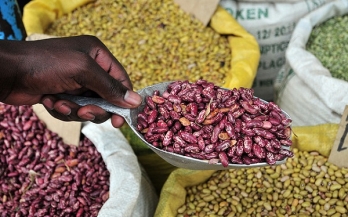
Sowing Success: The Journey of High Iron Beans in Tanzania
In Tanzania, 85- 90% of the land is cultivated by smallholder farmers majority of whom face challenges in getting access to quality seeds and assured markets for their produce, thus limiting their capabilities to produce quality produce and generate steady income. Currently, 57% of pregnant women in Tanzania are anemic. Additionally, according to the Tanzania Demographic and Health Survey 2015 (TDHS), 58% of children under the age of 5 years in the country were anemic.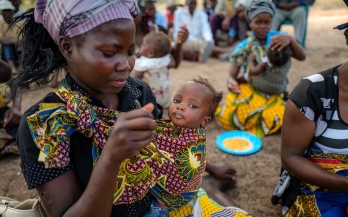
IWD 2025 CASCADE WEBINAR
, Global
This webinar explores the intersection of women's empowerment and food security, highlighting CASCADE's approaches to improving nutrition and building resilience for women of reproductive age and children.
A Win-Win Case for People and Planet in Bangladesh
Malnutrition and climate change are two of the most pressing challenges facing humanity today – and they are intrinsically connected. While food systems contribute to land degradation and roughly one-third of anthropogenic greenhouse gas emissions, climate change in turn jeopardizes the nutrient quality of staple crops.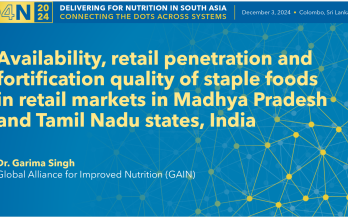
Availability_retail penetration & fortification quality of staple foods in retail markets in MP & TN in India
Availability, retail penetration and fortification quality of staple foods in retail markets in Madhya Pradesh and Tamil Nadu states, India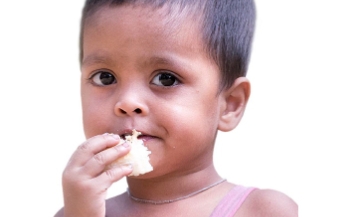
FOOD FORTIFICATION: Policy Recommendations to Strengthen Programmes and Enhance Impact
KEY MESSAGES Micronutrient deficiencies are widespread globally; recent studies revealed that 1 in 2 children and 2 in 3 women are deficient in at least one micronutrient Fortifying staple foods with micronutrients is a costeffective and safe intervention that is proven to prevent micronutrient deficiencies and related outcomes While food fortification programmes are widely implemented around the world, gaps remain. The availability and coverage of high-quality fortified foods are often low, even in countries with fortification mandates, and many countries that could benefit from fortification programmes do not have them. Countries need support to implement best practices around appropriate programme design, effective monitoring of quality and compliance, and regular review of programme assumptions to ensure they remain safe and impactful over time. National governments, industry, technical partners, and donors all have diverse roles to play in strengthening food fortification programmes and enhancing impact.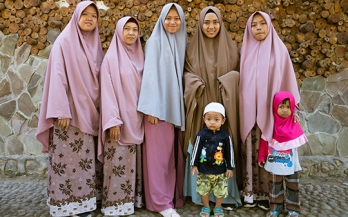
Tackling Micronutrient Deficiency in Bangladesh: The Role of Biofortified Zinc Rice (BZR)
Malnutrition and food insecurity remain a pressing issue in Bangladesh, with significant implications for public health. Despite improvements in agricultural productivity and food security, the country continues to grapple with micronutrient deficiencies (MNDs), particularly zinc deficiency, which affects vulnerable populations, especially women and children.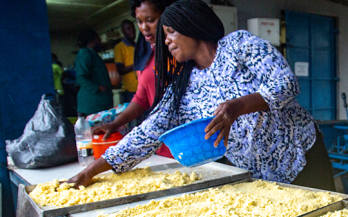
Commercialising Biofortified Crops
To scale up the production and consumption of biofortified foods through commercialisation, GAIN and HarvestPlus partnered in 2019 to implement the Commercialisation of Biofortified Crops (CBC) Programme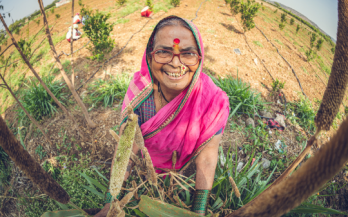
Global Summit on Strengthening Food Systems for Nutrient Rich Crops
New Delhi, India
The Global Summit for Strengthening Food Systems for Nutrient-Rich Crops is being organised in New Delhi on the 19th of July 2023. The summit will focus on the need for a food systems approach to mitigate rising malnutrition and nutrition insecurity and approaches towards improving our nutrition indicators by using nutrient-rich crops, with perspectives from government and industry.